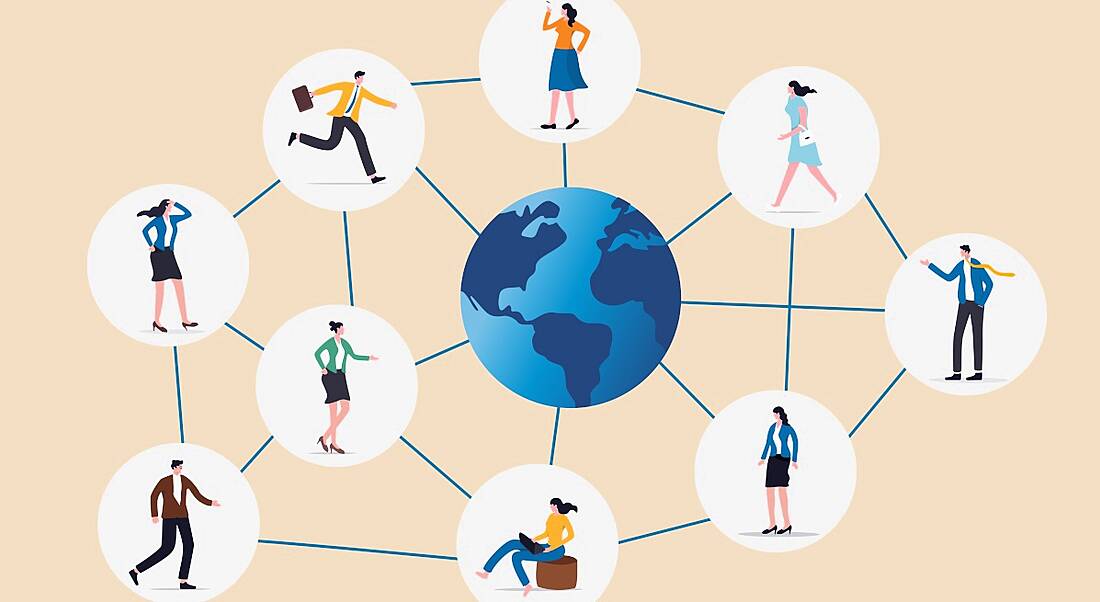European countries took the top 18 places when it came to cybersecurity, with Ireland scoring in 22nd place.
According to research by NordLayer into the best countries for remote working, Ireland ranks 30th out of a total of 66 nations. Germany took the top place, followed by Denmark and the US.
NordLayer’s Global Remote Work Index examined countries’ attractiveness for remote workers based on cybersecurity, digital infrastructure, economic and social conditions, and responses to Covid-19.
The enterprise security company looked at 66 countries for its remote working index. While Ireland may not have done too well, eight out of the top 10 countries are European.
Spain, Lithuania, the Netherlands, Sweden, Estonia and France all featured in the overall top 10. Singapore and the US are the only non-European countries to make it into the top 10, with Singapore just beating France to take ninth place.
European countries led the way in terms of cybersecurity, taking the top 18 places in that category. Slovakia, Lithuania and Germany were ranked as the top three. Ireland’s best ranking was in cybersecurity, where it came in 22nd.
South Korea and Singapore performed the best regarding digital and physical infrastructure, which covered internet quality, co-working spaces and e-government. The United Arab Emirates, Denmark and Switzerland also did well in this category.
Canada, the UK, Portugal, the US and Germany were ranked as the five most favourable countries for remote work when it comes to economic and social conditions.
Although nations such as Malta, New Zealand and the UAE ranked relatively high in economic and social conditions, the index found that they experience higher cybersecurity risks than other countries with similar economic and social conditions.
The index also found that remote workers willing to find a cheaper location to relocate to may have to compromise on aspects like general safety or the level of English spoken in the country.
Juta Gurinaviciute, chief technology officer at NordLayer, said the index “puts emphasis on the safety and reliability of both the physical and digital environment”.
“It also gave special attention to cybersecurity. In this regard, it is an excellent resource for remote employees who wish to relocate or work in a nation other than that of their current residence.”
Tips for secure remote working
Gurinaviciute gave some security tips for remote workers.
Firstly, keep your personal and professional devices separate. The same goes for user accounts. Laptops issued by your employer should contain security tools needed for protection. Make sure all your software is up to date so that you don’t miss out on important security upgrades. If you have only one device for both personal and work purposes, consider partitioning its hard drive.
Next, keep your home network secure. Make sure your router is password protected and you use a reliable VPN to secure your internet connection. If your company doesn’t use a business VPN, you can subscribe to one for individual use.
Finally, rethink your passwords and never reuse them. Instead, create a complex and unique password for every account. If your work or personal account gets compromised in a data breach, you‘ll need to change only one password and your other accounts will remain safe from credential stuffing attempts. To safely store your different passwords, you can use a password manager.
10 things you need to know direct to your inbox every weekday. Sign up for the Daily Brief, Silicon Republic’s digest of essential sci-tech news.




